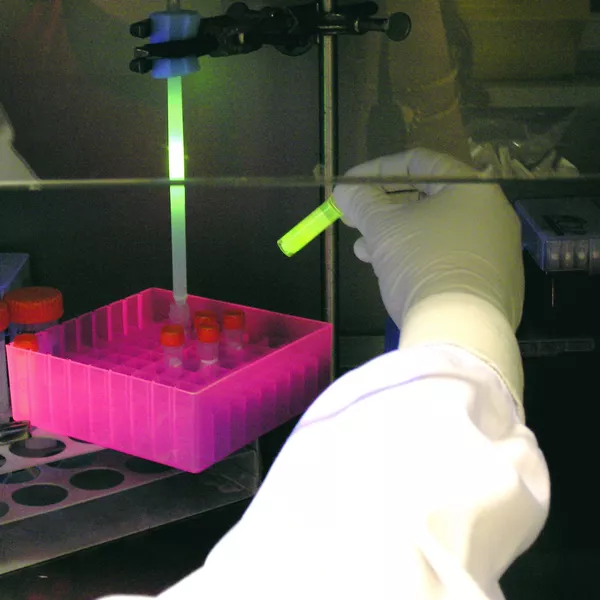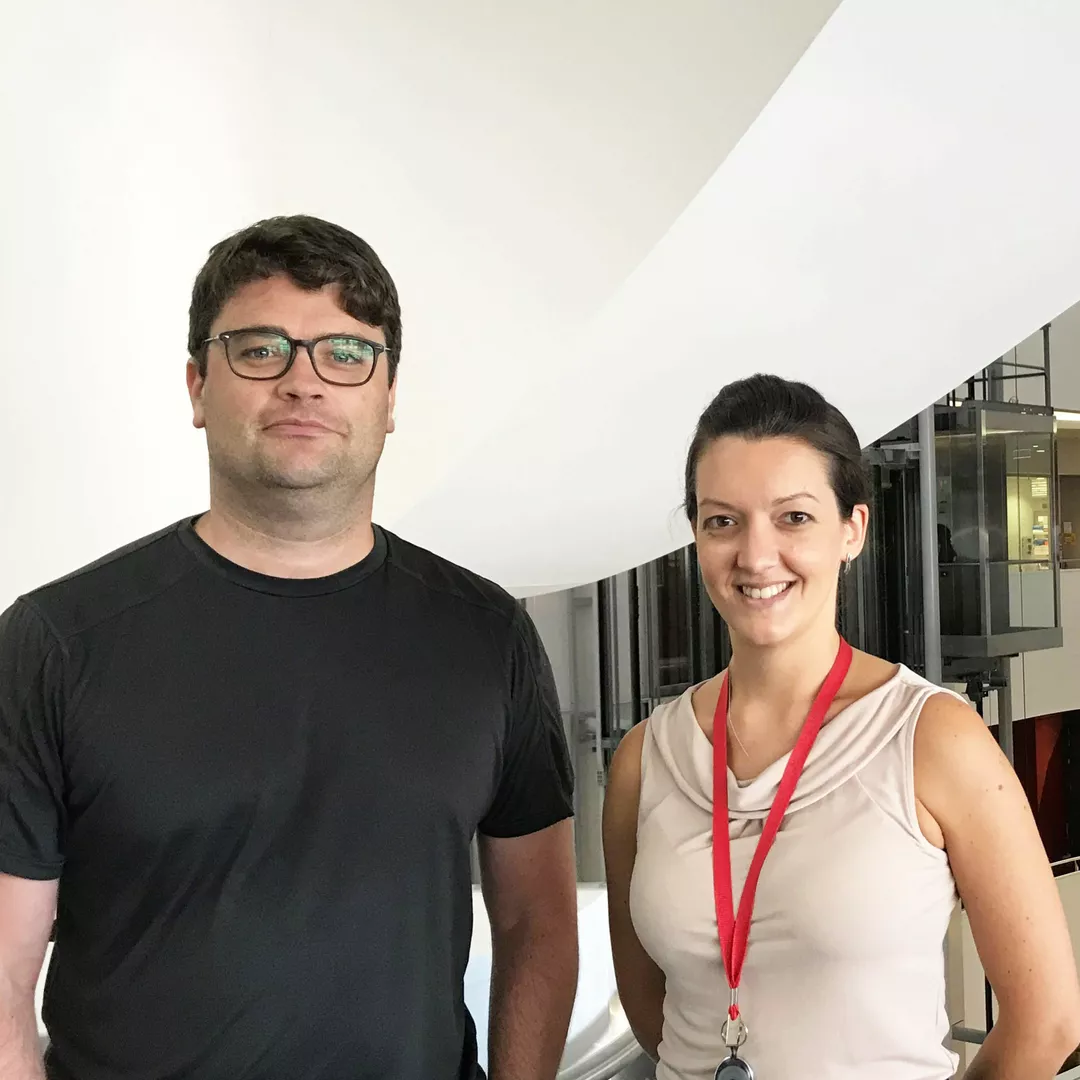
Collaboration is essential to advancing medical research, so HRI are delighted that Drs Anna Waterhouse and John O’Sullivan and their multiple research collaborations are featured by the Charles Perkins Centre, The University of Sydney.
Dr Anna Waterhouse
Dr Waterhouse, originally from the UK, is Cardiovascular Medical Devices Group Leader at HRI and senior lecturer at The University of Sydney’s Central Clinical School. Her research focuses on generating new materials, surface coatings and ultimately, new medical devices. Her work, conducted at HRI headquarters and the Charles Perkins Centre at The University of Sydney, aims to improve and develop new medical devices and diagnostics.
“It’s very easy to work with group leaders and set up collaborations as well as access to the Royal Prince Alfred Hospital (RPA), because of the location. So we are able to talk to clinicians and again build research collaborations, which ultimately lead to some fantastic discoveries.”
Dr Waterhouse is engaged in two exciting multidisciplinary projects on nano coatings and DNA nano robots to improve cardiovascular health.
Dr John O’Sullivan
For cardiologist and scientist Dr O’Sullivan, his research and clinical work is made possible by meaningful and long-lasting collaborations. As Cardiometabolic Disease Group Leader at HRI and The University of Sydney’s Charles Perkins Centre, a senior lecturer at the University’s Central Clinical School and Sydney Medical School, as well as a cardiologist at RPA, Dr O’Sullivan is able to take a global approach to solving the issues that come from cardiometabolic disease.
Originally from Ireland, Dr O’Sullivan’s research focuses on cardiometabolic health, and the link between metabolic disease and cardiovascular disease, particularly heart failure.
A collaboration between Dr O’Sullivan and Dr Waterhouse has enabled Dr O’Sullivan to continue his research into stiff heart failure using fresh heart tissue, due to Dr Waterhouse’s invention of a 3-D printed device that keeps the heart tissue slices alive and allows modelling of the pumping.
Related research areas


